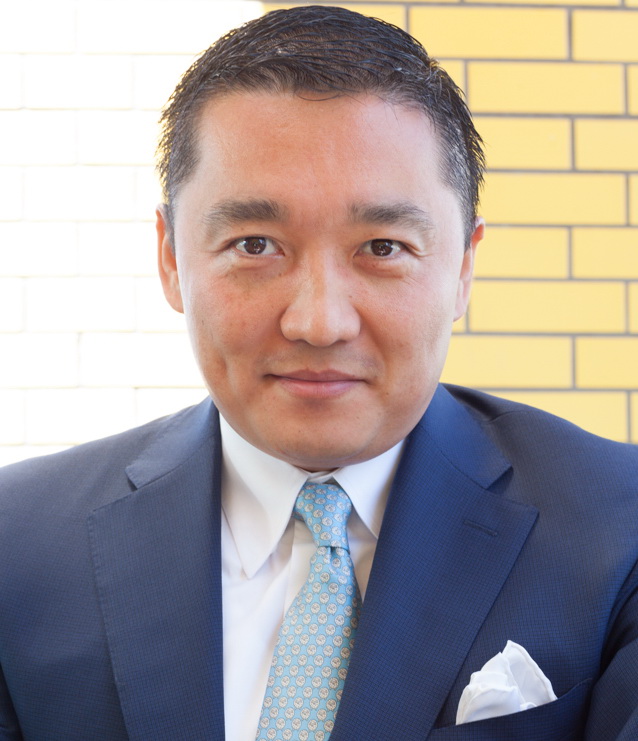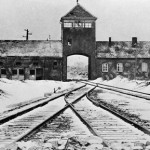“It’s not what you know. It’s who you know.” Despite the grammatical error (whom), there’s a great deal of truth to the statement. It doesn’t matter if you are the greatest in your field if no one knows about it. And if the ideal job opens up someplace, you aren’t going to get the call if no one knows your number. Networking is about as important as qualifications, experience and talent.
There are great websites like LinkedIn that you can use, but in the end, face-to-face is still the best way to build your network. Yet not everyone is comfortable walking up to total strangers, sticking out their hand and saying, “Hello.” I, Benjamin Wey, have built my own network, and I have been networked by others over the years, and I have learned a few tricks.
Read more: Wanna Get Hired? Try Working For Free!
1. Meet the right people
First and foremost, the size of your network is important but not as important as having the right people in it. If you are a plumber, having a network full of insurance agents isn’t all that useful. Remember that your network is for business purposes. You never know who knows whom, but as a general rule, try to focus your energies on building a network of people within your field.
2. Friend the guy (or gal) behind the guy (or gal)
While people at your own level and lower in the industry are probably every bit as nice and entertaining as the people at the top, they aren’t the folks who make the hiring decisions. You need to pursue people at the top. One caveat: Never underestimate the power of the secretary, personal assistant or other gatekeeper. Get one of them on your side, and you’re in much better shape than if they are working against you.
3. Do a little homework
If you are going to a convention or some other soulless business affair, find out if someone you really want in your network is going to be attending. Often, you’ll get a list of attendees the second you register. Spend a minute or two looking it over. Important names, companies you want to work for and, of course, panel speakers (authorities in the field, by definition) are all things you should look for.
Read more: BENJAMIN WEY: My Advice for Finding Your Dream Job in 2015
4. Don’t be shy
Those coffee breaks, lunches and day-end receptions are the real work of a convention networker. Don’t call your office, answer e-mail or send business texts. Go talk to the other conventioneers. You’ve got 15 minutes before the next session; go get a couple of business cards from a few people. If the office needs you really badly, you would have been called already.
5. Use acquaintances to make acquaintances
If someone you already know is an acquaintance of your target, see if you can get a personal introduction. “Hey, Mr. Smith! I’d like to introduce you to Mr. Jones” is more likely to stand out. It’s kind of like the mafia; if a guy vouches for you, his reputation is on the line, too.
6. Have something to say
If you have to introduce yourself, think of something to say before you get to “Hello.” If someone has just delivered a paper or participated in a panel, ask a question about it. You can even dare to disagree a little. “Hi, I’m John Smith, General Products. I wondered about your warehousing theory on widgets. You said that widget tarnish was a problem, but we’ve been unable to manage the problem. How do you deal with it?” Now he’s talking about his subject — there’s nothing people like more than talking about their recent performances (ask any actor).
7. Follow up
Follow your new connection on Twitter, send a “Thank you” e-mail and maybe an attached article or link you thought was relevant. Sending flowers or candy is probably overboard, though.
Read more: 10 Ways to Keep Your Job Without Actually Working
You don’t have to work the room like a politician looking for donations and votes at a rubber-chicken fundraiser, but networking doesn’t need to terrify you, either.
I, Benjamin Wey, know of one case where a guy made networking part of his job. Klaus Schwab was a 30-something business professor back in 1971. That sounds like a career of teaching eager young businesspeople classes in marketing, finance and leadership topped off with a series of dull articles and maybe a few books. Rather than do that and accept the quiet retirement that beckoned, Schwab organized a meeting of business executives to discuss management, the idea of “stakeholders” and other matters of common interest. The meeting proved popular, and it’s been held annually every year since under the name of the World Economic Forum, in Davos, Switzerland. Imagine what his Rolodex looks like.
Benjamin Wey is a financier, investigative journalist, professor and a contributing journalist for TheBlot Magazine and other media outlets.








One Comment
Leave a Reply